You may think your toddler is relatively dependent and that the things they do around the house don’t matter, but you’d be wrong. Simple actions parents take at home can have a long lasting impact on the way your child enters their first years of school.
Here are 80 life skills you can allow your toddler to carry out at home, setting them up well for their transition to school.
Some of them will require a great deal of patience from you, but I promise your patience will pay off in the long run.
See how many you can try out this week;
Dressing
Choosing their own clothes
Getting dressed
Collecting clothes from cupboard
Putting on shoes
Putting on socks
Putting on a jumper
Zipping/buttoning a jacket
Bathing
Using a flannel to clean body
Using soap correctly
Brushing teeth for 3 minutes.
Squeezing and opening toothpaste
Brushing hair
Apply moisturiser to body
Drying body with towel
Toileting
Choosing underwear
Wiping bottom after using toilet
Folding, sealing and Throwing away nappy
Flushing toilet, putting seat down.
Washing hands with soap
Refilling underwear supplies
Indicating when to use the toilet
Placing dirty underwear into laundry
General Cleaning
Wiping up spills with sponge. (Anticlockwise)
Using and refilling a spray bottle
Sweeping with brush
Moping using soap
Dusting shelves
Using a vacuum cleaner
Organising recycling
Getting something from another room
Organising cutlery
Watering a plant
Cleaning up books, toys,
Restoring items to shelves
sharpening pencils for art and craft.
Laundry
Collecting dirty laundry
Placing laundry into basket
Putting laundry into wading machine
Moving wet laundry to dryer or to a line
Matching socks
Folding own clothes
Sorting laundry into categories (colours, whites)
Putting clean clothes where they belong
Eating
Opening a juice bottle
Pouring a drink
Setting the table
Starting to use utensils
Drinking from a cup
Choosing when/how much to eat
Gathering food from fridge
Choosing a healthy snack
Cooking/Preparing Food
Gathering ingredients
Placing ingredients in bowls
Spreading with butter knife
Chopping soft foods
Using a spoon to stir
Taste testing and watching you cook
Pouring liquid or dry ingredients from one container to another
Other Kitchen Work
Putting away shopping items
wiping down counter or table
throwing composting foods
Bringing dirty dishes to sink/dishwasher
Rinsing dishes
Cleaning dishes
Drying dishes
Loading dishes into dishwasher or drying rack
Outdoor activities
Pulling weeds
Caring for outdoor animals – gathering eggs for example.
Sweeping garden
Watering plants
Helping to plant seeds or young plants
Scooping dirt into wheelbarrow
Collecting rocks
Washing car.
These activities may seem difficult but just by involving your child in some way will model to them exactly how it’s done. It will enable them to learn from your example.
Remember that all the time you spend with your child modelling these activities, use complex language( talk through everything and understand that what is work for you is play for the child.
The greatest moments of education occur through experimentation, conversation and modelling.
Have fun.
Related




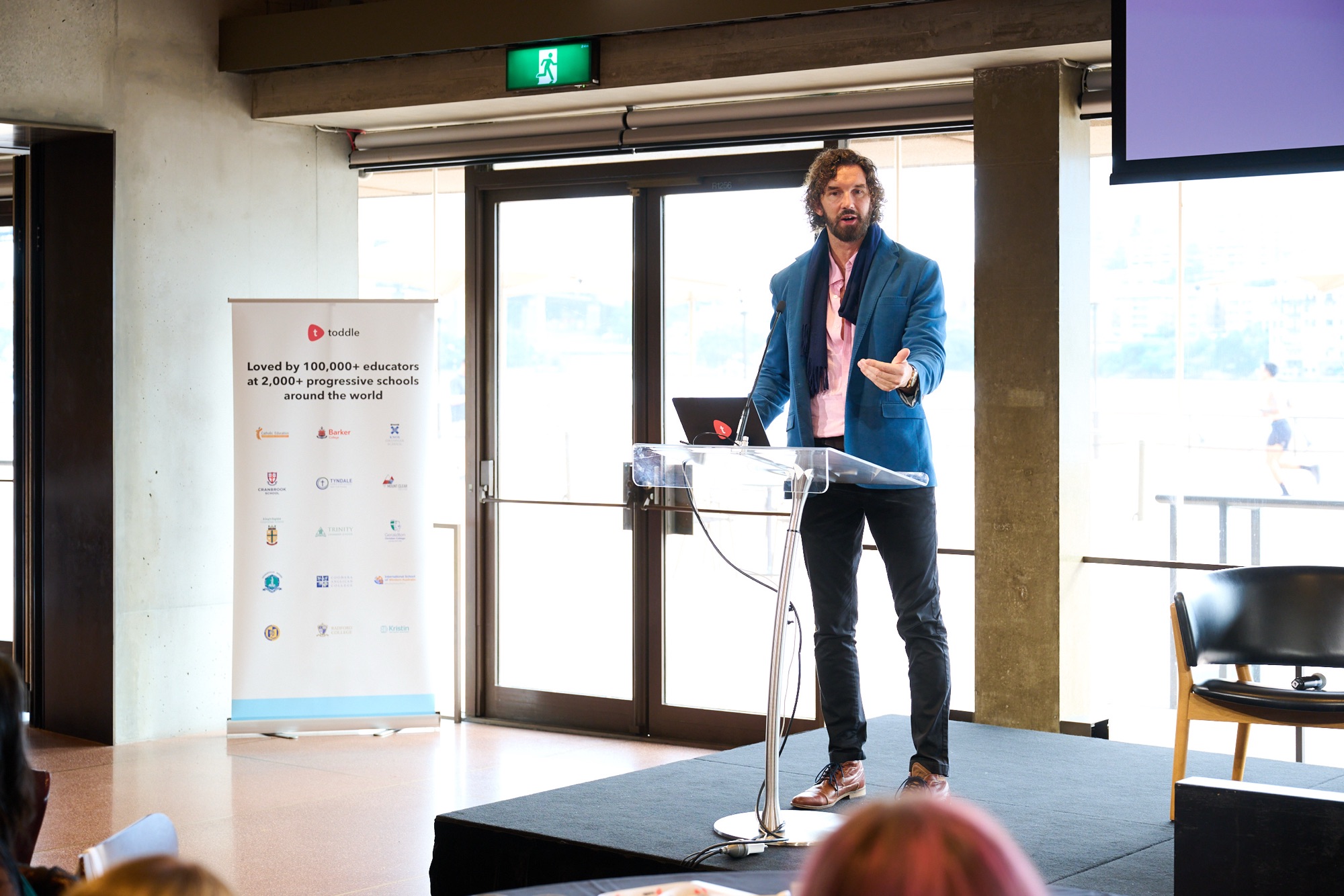
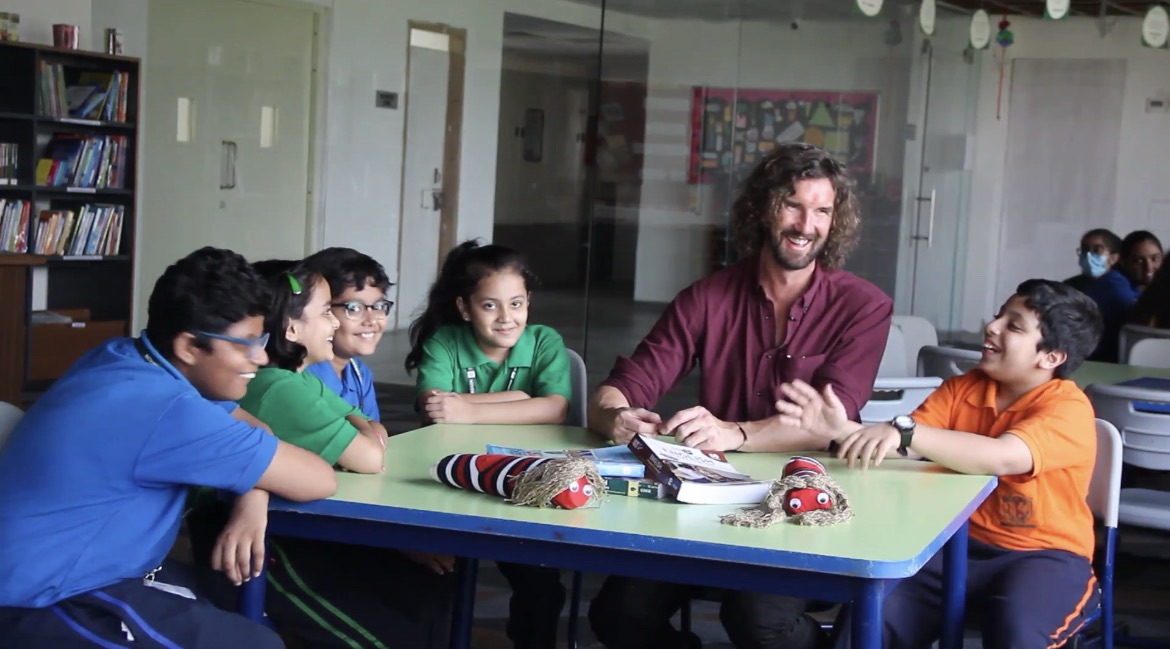
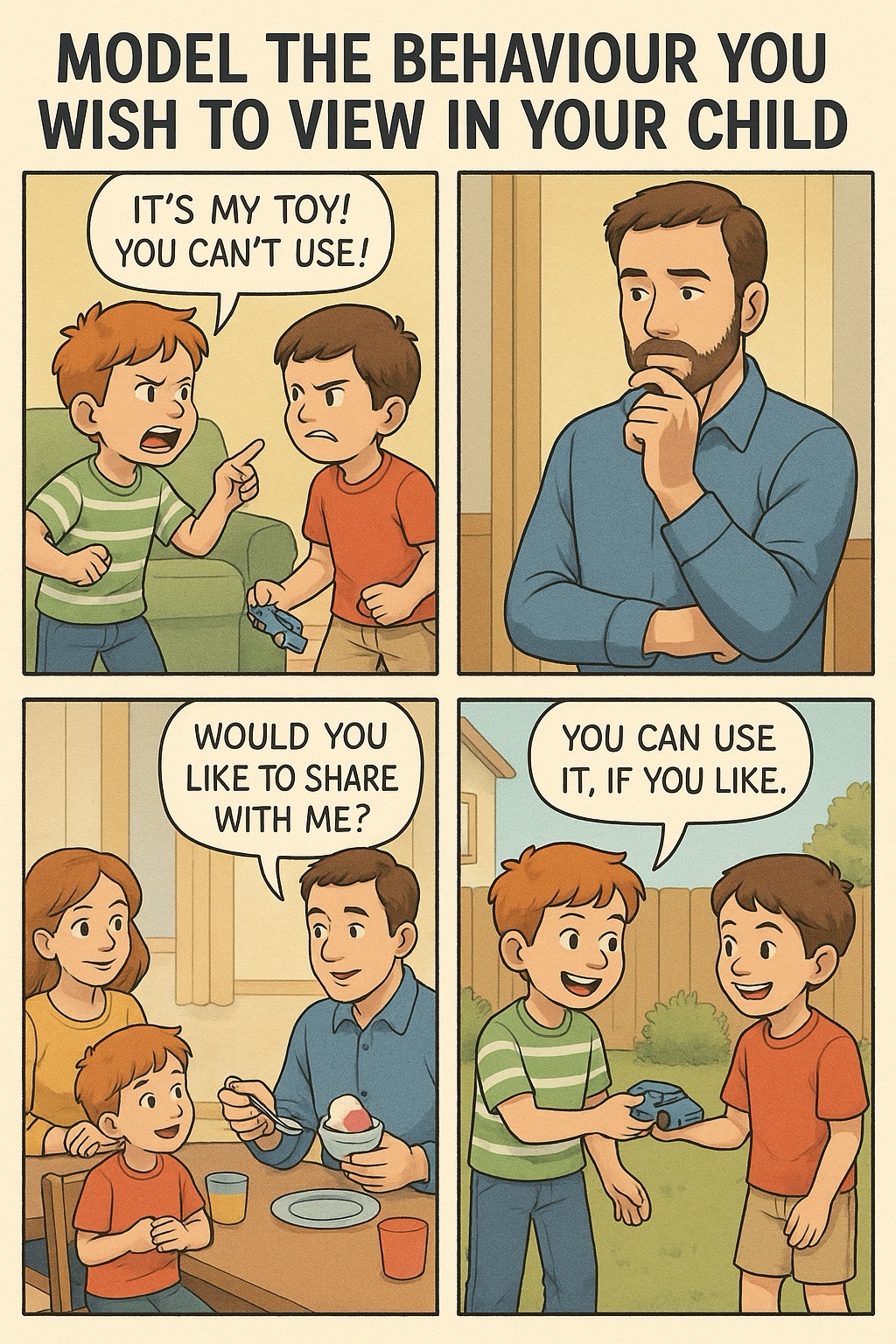
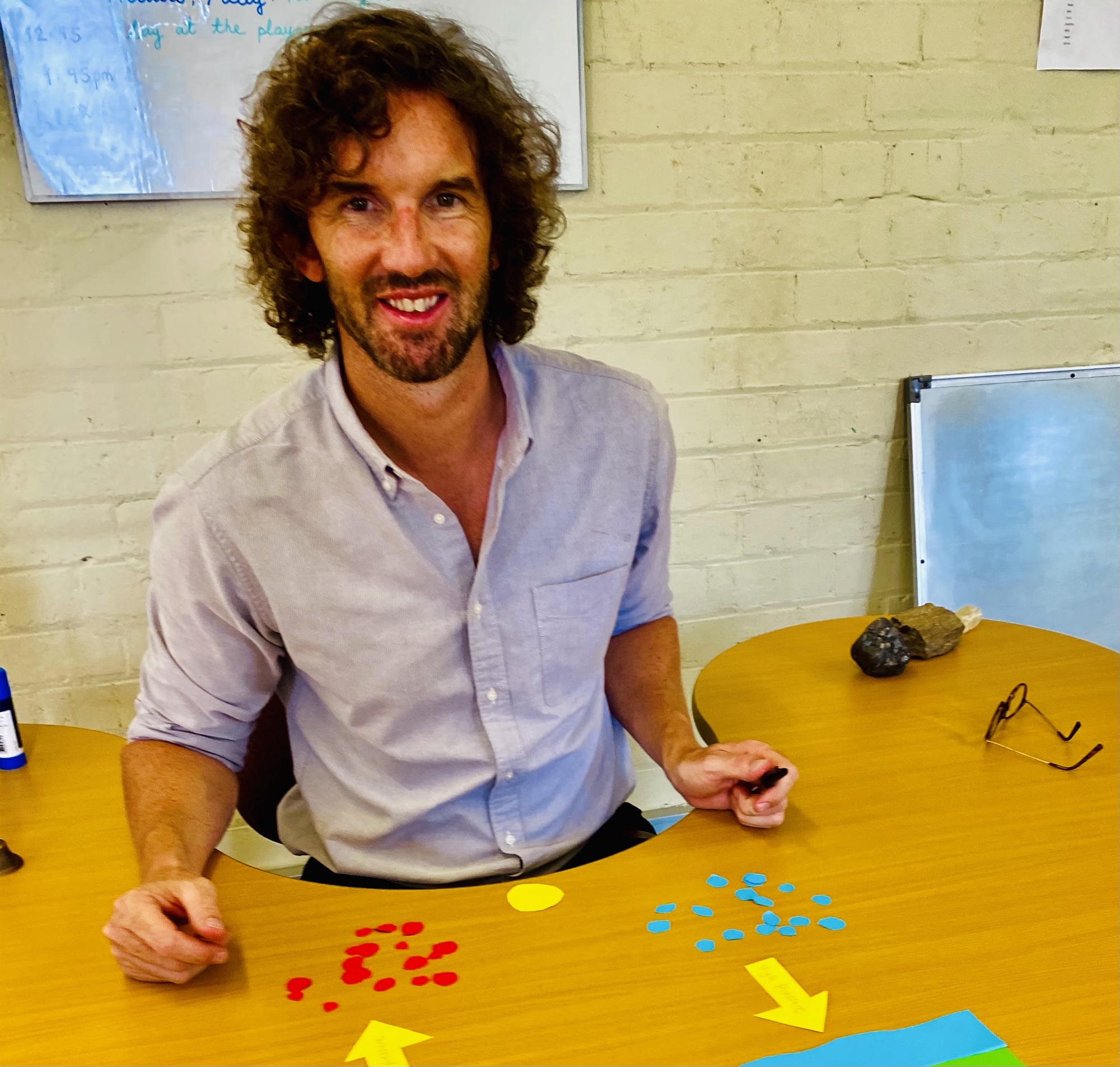


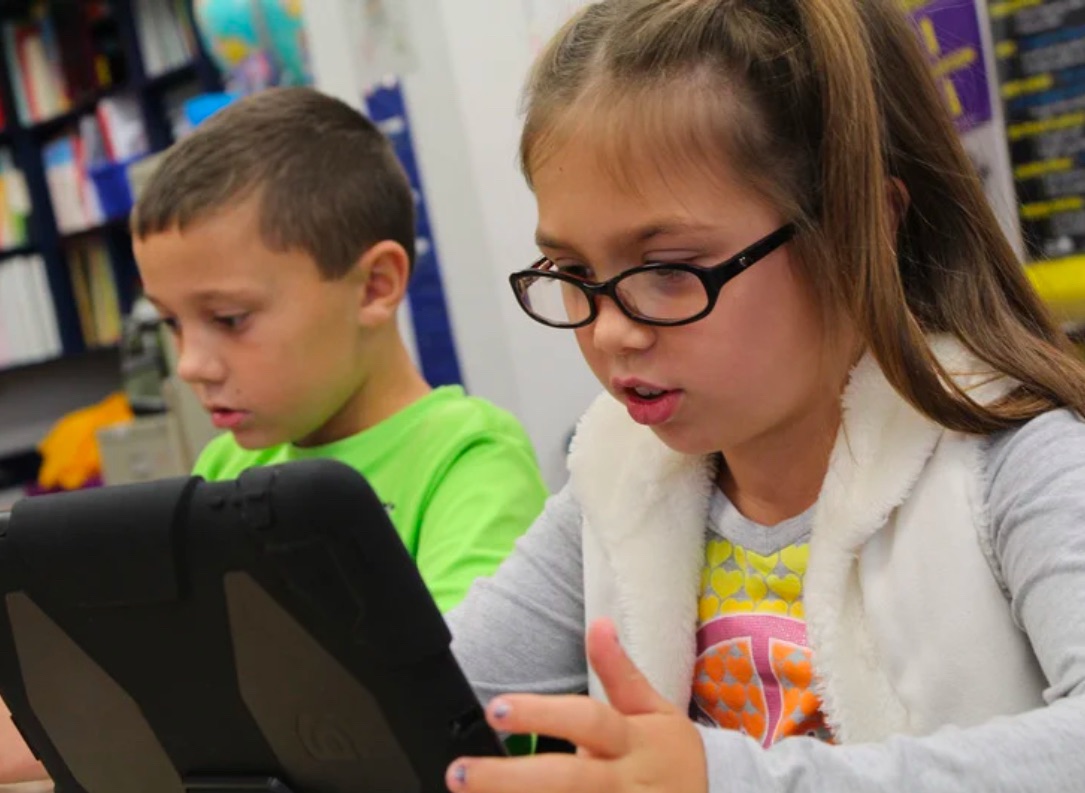
4 Responses
Love this Gavin! All is so applicable to the special needs preschoolers I work with. All can learn, and just need gentle guidance & encouragement.
Awesome Gavin,thanks for sharing. This is great practice for the Summer holidays.
I’ve read the list of activities and found some difficult tasks for them, but once, we start modelling activities for them, I’m sure we’ll be shocked by their fast response to stimuli and their easiest way children have to pick up what the can see. Kids are unpredictable, love them and teach them with affection. And as Mr. McCormack said ” Patience will pay off in the long run”. Thank you Gavin M. for sharing.. Love ❤️ your posts.
I’ve read the list of activities and found some difficult tasks for them, but not impossible. Once, we start modelling activities for them, I’m sure we’ll be shocked by their fast response to stimuli and their easiest way children have to pick up what they see and experience. Kids are unpredictable, love them and teach them with affection. And as Mr. McCormack said ” Patience will pay off in the long run”. Thank you Gavin M. for sharing.. Love ❤️ your posts.